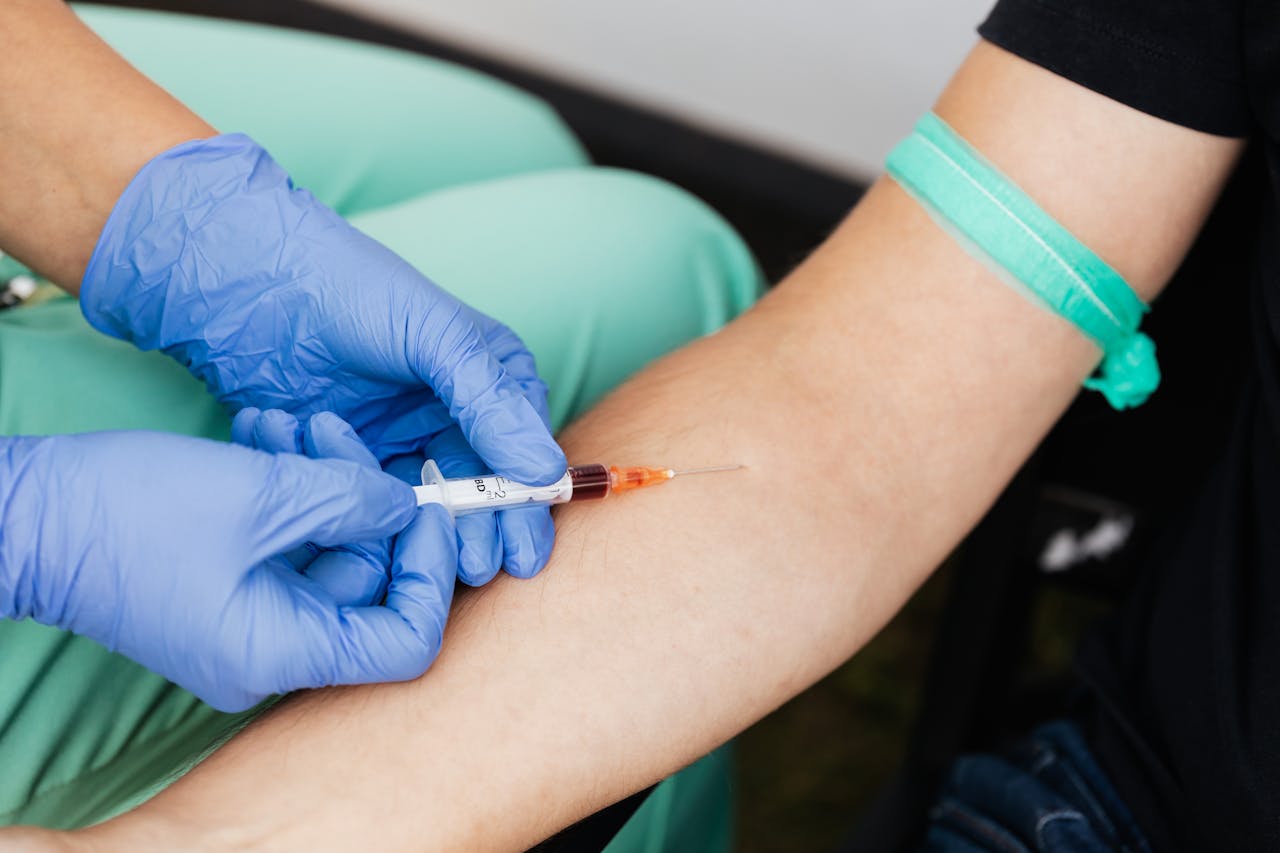Menopause, a natural transition marking the end of a woman’s reproductive years, often brings with it a range of challenging symptoms. Hot flashes, night sweats, mood swings, and vaginal dryness can significantly impact quality of life, leading many women to seek relief. While hormone replacement therapy (HRT) remains a highly effective treatment for these symptoms, some women prefer to explore natural alternatives. It’s important to understand that these natural approaches are often best used to complement, rather than completely replace, HRT, especially for those experiencing severe symptoms.
Understanding the Role of Natural Alternatives
Natural alternatives to HRT generally focus on lifestyle changes, herbal remedies, and dietary adjustments. They aim to alleviate menopausal symptoms by supporting hormonal balance through certain herbs and dietary components that may have mild estrogenic or progesterone-like effects, managing specific symptoms using lifestyle changes and stress reduction techniques to help mitigate hot flashes and mood swings, and promoting overall well-being by improving energy levels, sleep quality, and overall resilience during menopause through a healthy lifestyle.
Common Natural Approaches and Their Benefits
Lifestyle Modifications

Regular Exercise: Engaging in consistent physical activity offers a multitude of benefits during menopause. Regular exercise helps regulate body temperature, potentially reducing the frequency and intensity of hot flashes. Furthermore, it serves as a natural mood enhancer, combating the emotional fluctuations often associated with hormonal changes. Exercise also promotes better sleep by expending excess energy and establishing a healthy sleep-wake cycle. Incorporating activities like brisk walking, swimming, or cycling into your routine can significantly improve overall well-being.
Stress Management: Stress and anxiety can intensify menopausal symptoms. Techniques such as yoga, meditation, and deep breathing exercises provide effective tools for managing stress. Yoga combines physical postures, breathing exercises, and meditation, promoting relaxation and mindfulness. Meditation cultivates a sense of calm and inner peace, while deep breathing exercises help regulate the nervous system. By incorporating these stress-reduction techniques into your daily life, you can mitigate the impact of stress on menopausal symptoms.
Sleep Hygiene: Establishing a consistent sleep schedule and creating a relaxing bedtime routine are crucial for improving sleep quality during menopause. Night sweats and hormonal fluctuations can disrupt sleep, leading to fatigue and irritability. By going to bed and waking up at the same time each day, you regulate your body’s natural sleep-wake cycle. Creating a relaxing bedtime routine, such as taking a warm bath, reading a book, or listening to calming music, helps prepare your body for sleep.
Dietary Adjustments
Phytoestrogens: Phytoestrogens are plant-based compounds that mimic estrogen in the body. Foods like soy, flaxseed, and legumes are rich in phytoestrogens and may help alleviate mild menopausal symptoms. Incorporating these foods into your diet can provide a gentle, natural approach to managing hormonal fluctuations. However, it’s important to note that the effectiveness of phytoestrogens varies among individuals.
Balanced Diet: A well-balanced diet rich in fruits, vegetables, whole grains, and lean protein is essential for overall health and well-being during menopause. A nutritious diet provides the body with the necessary nutrients to support hormonal balance, energy levels, and immune function. Focus on incorporating a variety of colorful fruits and vegetables, whole grains like brown rice and quinoa, and lean protein sources like fish and chicken.
Limiting Triggers: Certain foods and beverages can exacerbate menopausal symptoms, particularly hot flashes. Reducing consumption of caffeine, alcohol, and spicy foods can help minimize these triggers. Caffeine and alcohol can stimulate the nervous system, leading to increased hot flashes and night sweats. Spicy foods can also raise body temperature, triggering hot flashes. By identifying and limiting your personal triggers, you can better manage your symptoms.
Herbal Remedies
Black Cohosh: Black cohosh is a traditional herbal remedy used to relieve hot flashes and night sweats. It is believed to work by mimicking the effects of estrogen in the body. While some studies have shown promising results, more research is needed to confirm its effectiveness.
Evening Primrose Oil: Evening primrose oil is a natural source of gamma-linolenic acid (GLA), an omega-6 fatty acid that may help alleviate hot flashes and mood swings. It is believed to work by regulating hormone levels and reducing inflammation.
St. John’s Wort: St. John’s wort is an herbal remedy traditionally used to address mild mood changes and anxiety. It is believed to work by increasing the levels of serotonin in the brain. However, it’s crucial to be aware that St. John’s wort can interact with certain medications, including antidepressants and birth control pills. Consult with your healthcare provider before using St. John’s wort.
Read also: Can You Manage Menopause Without HRT?
Is There a Natural Alternative to Hormone Replacement Therapy: Important Considerations

Effectiveness Varies: Individual Responses to Natural Therapies
The impact of natural alternatives to HRT differs greatly among women. Factors like individual physiology, symptom severity, and lifestyle choices influence their effectiveness. What works wonders for one person might offer minimal relief for another. It’s essential to approach natural remedies with realistic expectations and understand that personalized adjustments may be necessary.
Potential Interactions: Prioritizing Safety with Herbal Remedies
Herbal remedies, though natural, are not without potential risks. They can interact with prescription medications, over-the-counter drugs, and even other supplements. Therefore, consulting a healthcare professional before incorporating any herbal remedy into your routine is crucial. This ensures safety and avoids potentially harmful interactions.
Symptom Severity: Recognizing the Limits of Natural Approaches
Natural approaches are often most effective for managing mild to moderate menopausal symptoms. For women experiencing severe hot flashes, debilitating mood swings, or other intense symptoms, HRT may be a more appropriate and effective option. It’s important to evaluate symptom severity and consult with a healthcare provider to determine the most suitable treatment plan.
Scientific Evidence: Balancing Promise with Research
While many natural remedies have shown promise in preliminary studies, more rigorous scientific research is often needed to confirm their efficacy. Although anecdotal evidence and traditional use can be valuable, it’s essential to seek evidence-based information and consult with healthcare professionals to ensure the safety and effectiveness of any natural treatment.
When to Consider HRT
While natural alternatives can be helpful, HRT remains the most effective treatment for severe menopausal symptoms. It’s important to consider HRT if:
Symptoms Significantly Impact Quality of Life: Restoring Daily Function
If severe hot flashes, night sweats, or mood swings are disrupting your daily activities, sleep, or overall well-being, HRT may be necessary. When menopausal symptoms become debilitating, affecting your ability to work, socialize, or enjoy life, it’s time to discuss HRT with your healthcare provider.
Natural Approaches Are Ineffective: Seeking Adequate Relief
If you’ve diligently tried natural alternatives like lifestyle changes, dietary adjustments, and herbal remedies, but your symptoms persist or worsen, HRT offers a more potent solution. When natural methods fail to provide adequate relief, it’s essential to explore HRT to regain control over your symptoms.
Risk Factors for Osteoporosis: Protecting Bone Health
If you have risk factors for osteoporosis, such as a family history of the condition or early menopause, HRT can play a crucial role in protecting your bone health. HRT helps prevent bone loss and reduces the risk of fractures, safeguarding your long-term skeletal health.
Puurhw: Your Partner in Menopause Wellness
Navigating menopause can be overwhelming, but you don’t have to do it alone. Puurhw a one-stop shop for wellness services in Houston, is committed to supporting women through this natural transition. While we encourage thorough consultation with your primary physician regarding HRT, we understand that a holistic approach to wellness includes many aspects of care. We believe that a healthy lifestyle is a great foundation for wellness, at any stage of life.
Conclusion
So, is there a natural alternative to hormone replacement therapy? The truth is natural alternatives to HRT can play a valuable role in managing menopausal symptoms, particularly for mild to moderate cases. However, for severe symptoms or specific health concerns, HRT remains a highly effective treatment option. A holistic approach that integrates natural strategies with HRT can provide the most comprehensive relief and enhance overall well-being. By working closely with your healthcare provider and exploring all available options, you can navigate menopause with confidence and maintain your quality of life.


